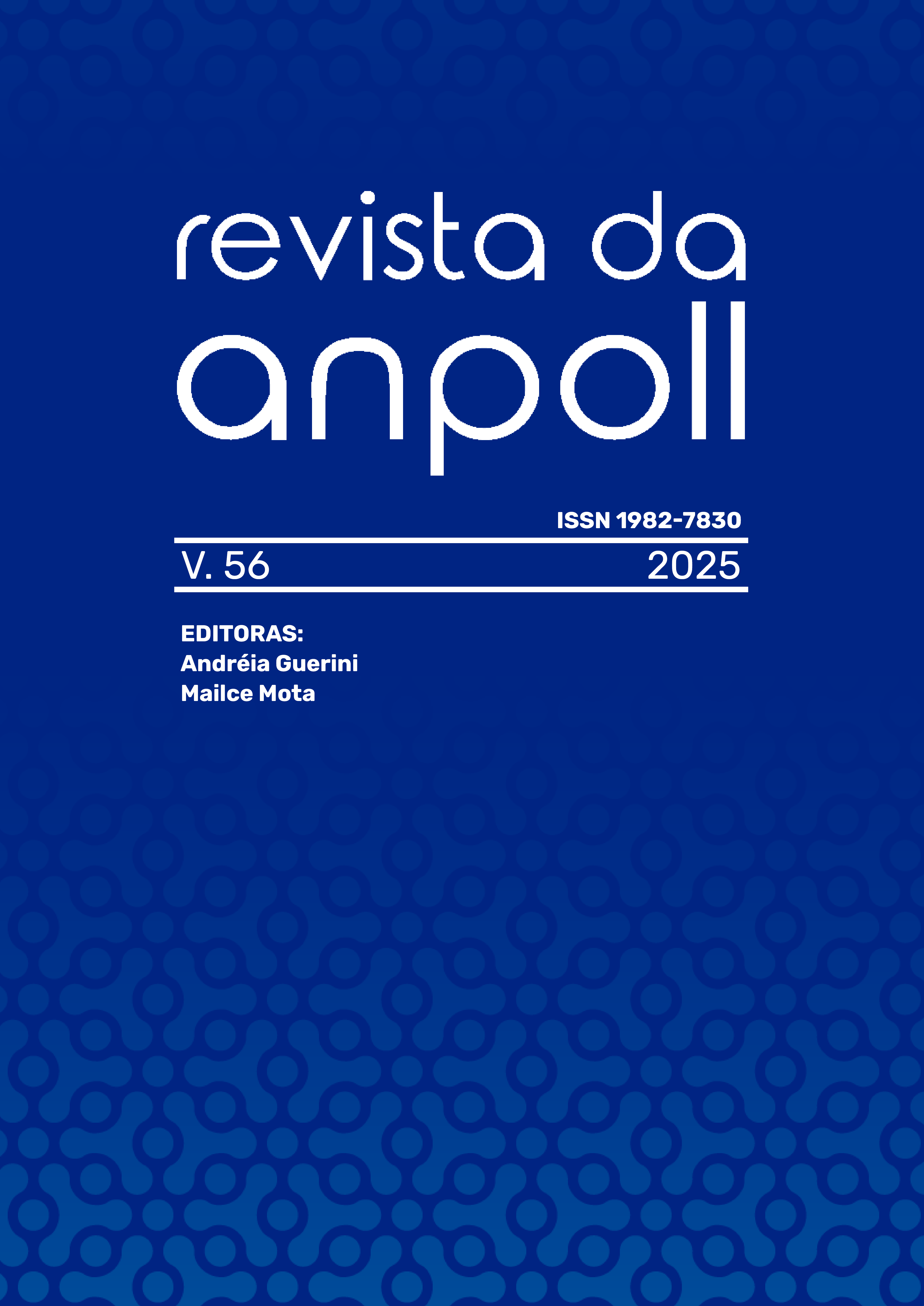Funding policies and publicizing Science
DOI:
https://doi.org/10.18309/ranpoll.v56.2030Keywords:
Scientific knowledge, Funding, EvaluationAbstract
The production and dissemination of scientific knowledge are fundamental pillars for the advancement of societies. However, funding mechanisms and science dissemination models are often questioned by researchers and specialists in the field. The current system for evaluating academic production, based on the number of publications and metrics, has generated distortions in the process of scientific dissemination. In this scenario, a tension arises in a feedback loop: the pressure to publish is motivated by the competition for resources, which in turn determines the quality of scientific production. In Brazil, the funding system is tied to indicators that value the number of articles published more than the actual impact of the research. Capes and CNPq, the main funding bodies, have been signaling changes in this model, with a greater appreciation of the impact of research over society.
Downloads
References
BATISTA, A. P.; FARIAS, G. B. Gestão do Conhecimento e popularização da ciência: análise das relações entre os fluxos do processo de comunicação. Transinformação, v. 35, p. e220031, 2023.
CALLAHAM, M. L. et al. Positive-outcome bias and other limitations in the outcome of research abstracts submitted to a scientific meeting. Jama, v. 280, n. 3, p. 254-257, 1998.
FANELLI, D. Do pressures to publish increase scientists’ bias? An empirical support from US States Data. PloS one, v. 5, n. 4, p. e10271, 2010.
FREITAG, R. M. K.; CARDOSO, P. B.; PINHEIRO, B. F. M. Acho que é uma gripezinha: construções linguísticas como pistas de atitudes em tempos de pandemia. Revista Linguasagem, v. 35, n. 1, p. 31-49,
HUTH, E. J. Irresponsible authorship and wasteful publication. Annals of Internal Medicine, v. 104, n. 2, p. 257-259, 1986.
NAZAROVETS, S. Dealing with research paper mills, tortured phrases, and data fabrication and falsification in scientific papers. In: JOSHI, P. B.; CHURI, P. P.; PANDEY, M. (org.). Scientific publishing ecosystem. Singapore: Springer, 2024.
PORTER, M. E.; LINDE, C. Toward a new conception of the environment-competitiveness relationship. Journal of Economic Perspectives, v. 9, n. 4, p. 97-118, 1995.
STRZELECKI, A. ‘As of my last knowledge update’: How is content generated by ChatGPT infiltrating scientific papers published in premier journals? Learned Publishing, v. 38, n. 1, p. e1650, 2025.
VIDAL-RIBAS, P. I am editor in a journal. The last time a reviewer accepted my invitation to review was June 29. Currently, I have a ms with 22 invitations (I’ve had more), none accepted. Is it just me? Am I the only one reviewing ms for everyone else? (And yes, I came here to complain) [...]. 2024. X (Twitter): @PabloVidalRibas. Disponível em: https://x.com/PabloVidalRibas/status/1844356728403657179. Acesso em: 24 fev. 2025.
VOGT, C. The spiral of scientific culture and cultural well-being: Brazil and Ibero-America. Public understanding of science, v. 21, n. 1, p. 4-16, 2012.
WILSON, M. Nobel physics prize honors achievements in graphene. Physics Today, v. 63, n. 12,
p. 14-17, 2010.
Downloads
Published
How to Cite
Issue
Section
License
Copyright (c) 2025 Revista da Anpoll

This work is licensed under a Creative Commons Attribution 4.0 International License.
Os trabalhos publicados na Revista da Anpoll são licenciados sob os termos da licença Creative Commons Atribuição 4.0 Internacional. Assim, os/as autores/as ou terceiros podem copiar e redistribuir o material licenciado em qualquer suporte ou formato, e remixar, transformar, ou criar a partir do material desde que sejam dados os devidos créditos ao trabalho original. Ressalta-se que a redistribuição, transformação ou criação, de iniciativa de dos/as autores/as ou de terceiros, deve mencionar a precedência de sua publicação neste periódico, citando-se o volume, número e data desta publicação.






